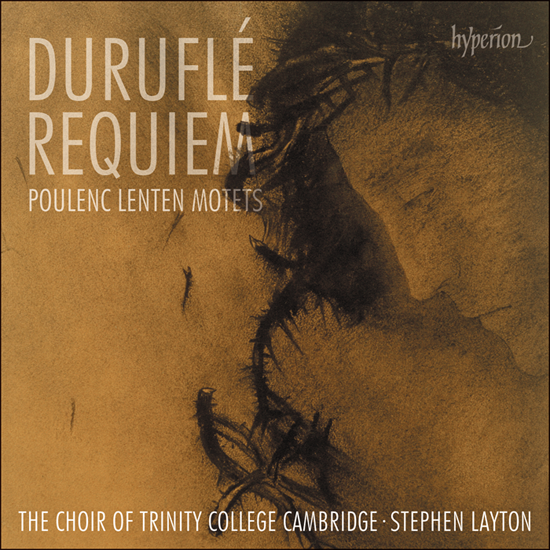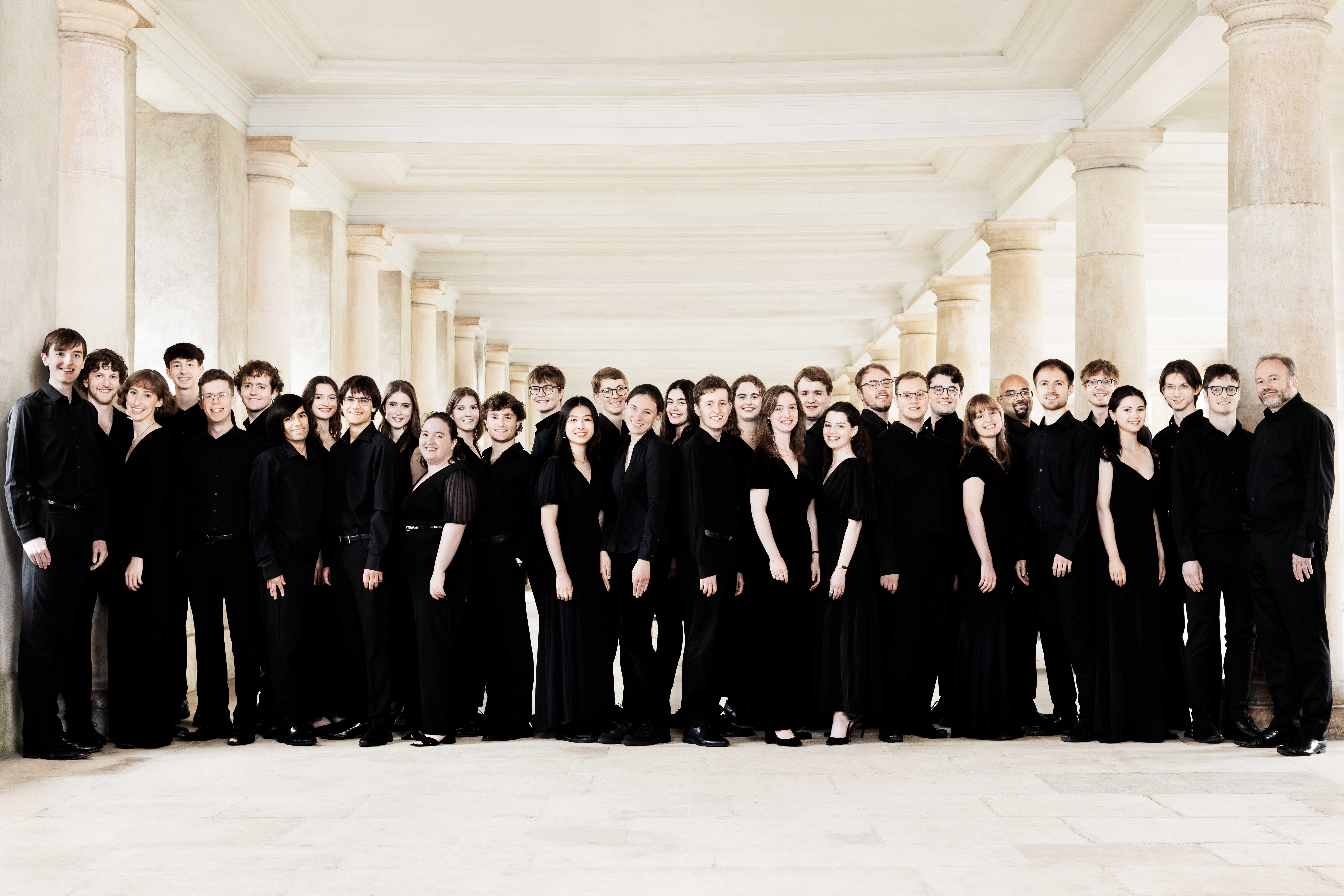Duruflé/Poulenc - Requiem & Motets - The New York Times
> See recording details...“Note for note, Maurice Duruflé’s Requiem is an astoundingly pretty work that critics have described as “a luxuriant harmonic bath” and “an impressionist’s large-scale plainsong fantasy.” Trained as an organist and steeped in the melodic mysticism of Gregorian chant, Duruflé deployed plainsong with a naturalness and harmonic sophistication that sound anachronistic for the mid-20th century, but also sound eternal.
The Choir of Trinity College, Cambridge, dials up the plushness with the 1948 version for organ, and the instrument at Saint-Eustache in Paris is so sonorous and pillowy as to render an orchestra wholly unnecessary. The organist Harrison Cole swathes the sumptuous choruses in downy comfort. Chords and busy 16th-note runs drift by like clouds. Even harmonic abrasions have a smooth-edged refinement.
Stephen Layton’s baton keeps the music flowing, all lush and heady, and the Trinity singers, treating consonants as mere suggestions, string together syllables into a liquid legato. Vaporous strands float from the soprano section, and the altos and basses are warmly anchoring yet improbably diaphanous. The tenors’ bright cast occasionally pierces the mood, and the vocal soloists inject welcome verve and personality amid the ensemble’s anonymous gorgeousness.
An incisive rendition of Poulenc’s Four Lenten Motets for a cappella chorus closes the album in a display of versatility, but the Requiem’s final movement, ‘In Paradisum’, provides the true resolution. The richly arrayed divisi singing, solid yet transparent, dissolves into the organ’s final chord, an elegant metaphor for apotheosis.”
Oussama Zahr

Hyperion Records CDA68436
